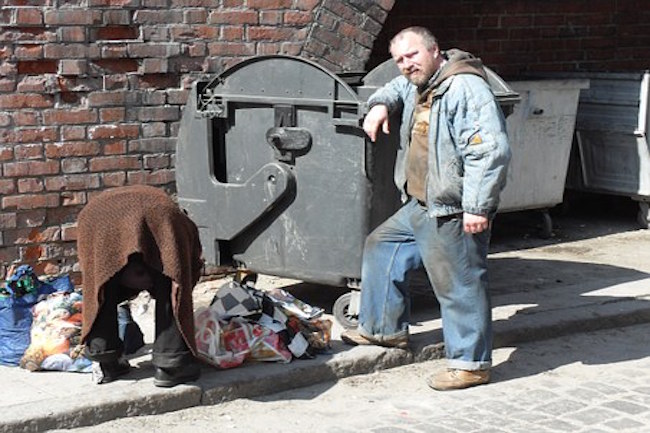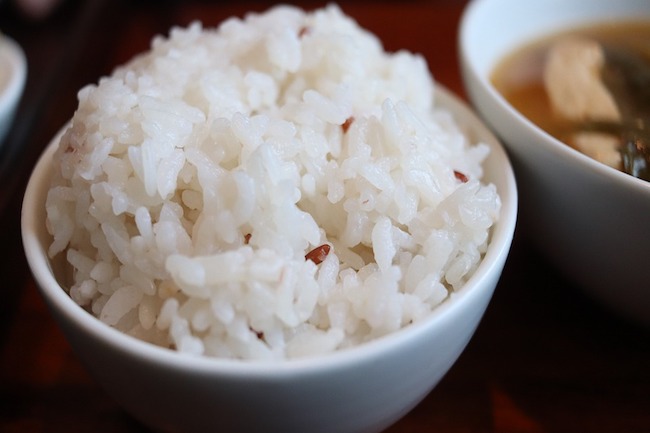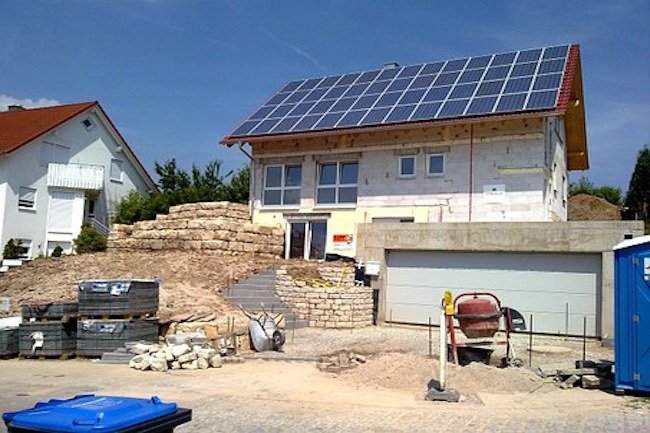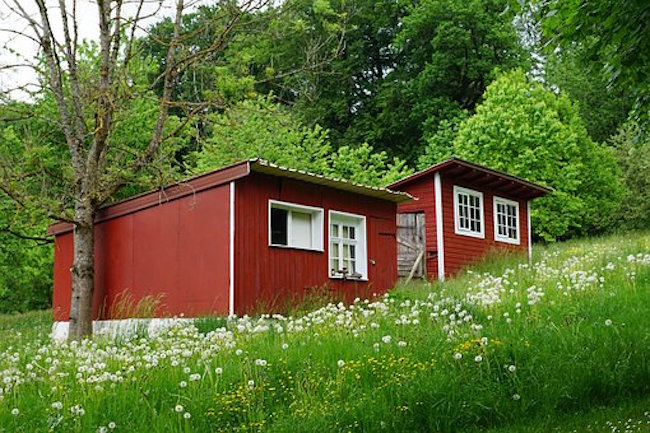HOMELESS: What We Can Learn About Survival from Life on the Streets by Fabian Ommar for The Organic Prepper
People living in cities are used to a broad net of safety, convenience, and comfort. 60% (on average) of the world population, according to recent estimates, live in cities. More in developed/developing nations (around 80%, as in the U.S.) and less in poorer ones (30 to 40%).
Cities provide a high level of stability and predictability. Cities also offer freedom, jobs, and a great variety of consumables, education, culture, and entertainment. This concentration of people, infrastructure, goods, services, and activities allows society’s fast advancement, the economy’s growth, and technology development.
Life within The Grid
We preppers and survivalists call this “The Grid.” It encompasses everything we see and use in civilization: plentiful, readily available food and clean water; transportation and communication; light, shelter, sanitation, climate control; law and order; hospitals, schools, stores, offices. All run by energy that seems to flow like magic.
Over the long term, comfort and convenience can be addictive and make us dependent.
We take it for granted and forget how to live without those things. We become soft, compliant, complacent, and alienated by the culture of convenience. If you’re a prepper or want to become one, you know it’s important to aim instead for awareness, resiliency, and independence.
I understand that most of us are busy trying to make ends meet. Even with everything The Grid provides, it can be a lifestyle of more struggle, insecurity, indignity, and danger. We must accept, even be grateful, that things are as they are. It’s OK to take advantage and enjoy what cities and The Grid can provide. No one should feel guilty for that. But that shouldn’t prevent us from being conscious about the fragilities of this system, either.
Beyond local and regional threats, there is always the possibility of a global crisis.
Just look at what has happened to the economy, freedom, and much more due to the COVID-19 pandemic. Everything is deeply interconnected and interdependent. It is a fragile arrangement by nature. It’s also important to understand that humans respond to abundance and scarcity in the same ways everywhere.
There are a few reasons why economic and financial breakdowns are cyclical and recurrent throughout history. Since everything is based on the production, exchange, and consumption of goods and services, disturbances in this structure affect everything else, all the way to social order. And sure enough, geopolitical stability.
When the crisis of 2008 struck, I worried about a more severe SHTF
In many ways, and to a significant number of people everywhere, 2008 was S hitting the fan. Millions lost jobs, houses, savings. Businesses closed, banks crashed. Many ended up in the streets.
Seeing all that (and having been knocked down myself), I had a wake-up call and decided to become more knowledgeable about the economy, the banking and production systems. I learned then the system hadn’t been fixed and could fail again. Maybe even taking down the grid, with far-reaching repercussions and possible implications for my family and me.
It was also around that time that I took an interest in prepping and survivalism. I’ve always been into outdoor and other activities linked to those disciplines. Admittedly not in a structured or intended manner, only for sport and hobby. Since then, I’ve been working to cover as much as one reasonably can.
Being a city dweller, I figured becoming more street-smart and city-tough could be helpful.
I looked around and set out to learn how those who lived outside the grid did so. The people on the margins of society, albeit existing in the middle of it. The homeless, or those with no job, no credit score, no bank account, no place to go, no name, and no face.
The system provides them some protection and support. For the homeless, the big city can be as inhospitable, unhealthy, and dangerous as the wilderness. Being homeless is being a survivor.




